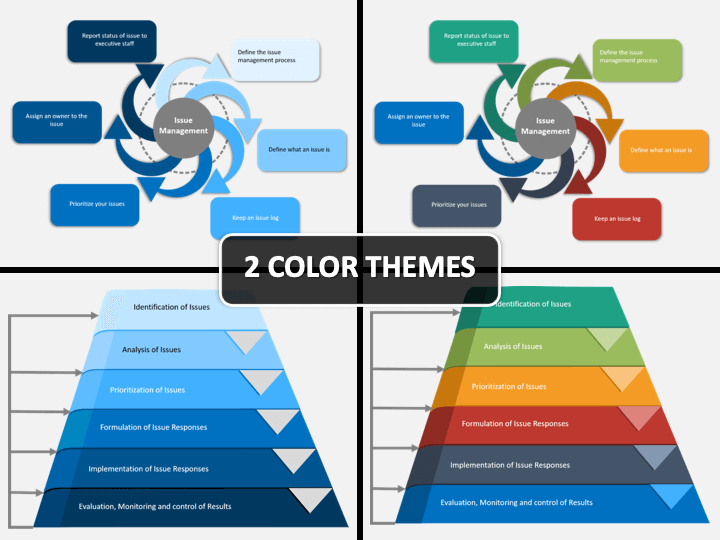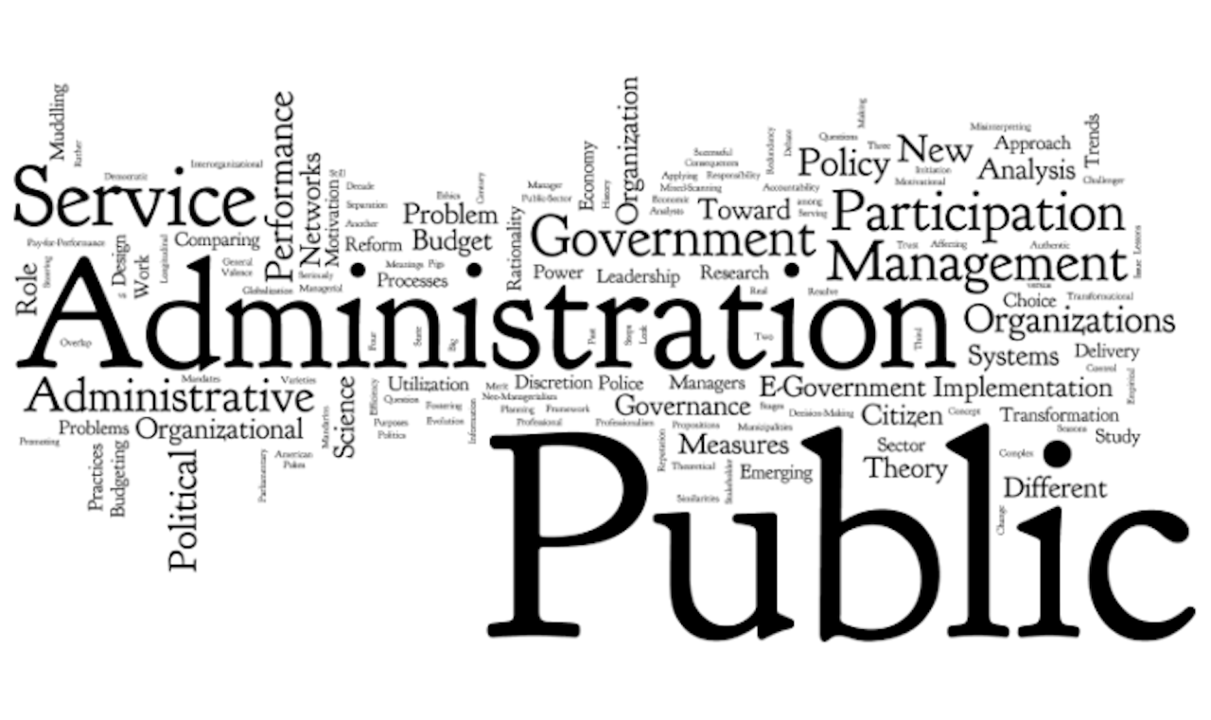
Waste Management Auburn Washington offers an On-Demand collection option. If you don't have your own vehicle and live in the city you can get rid of your trash when you need it. You should know two things about this program: The rate increases and how only WM will haul solid waste around the city.
On-Demand Waste Management Program auburn Washington
On-Demand collection services provide a convenient and efficient way for residents and businesses to eliminate their trash and recycling needs. PCA Product Stewardship Inc. offers the program, which is a non-profit organisation that specializes in environmental sustainability. The program aims to reduce waste, and increase recycling in our local community. The program is funded by a $0.25 Environmental Handling Charge that is added to the price of lights containing mercury. This fee helps pay for administration and promotion.

Rate increases
Auburn Washington rates for waste management have been increased to reflect the increasing cost of service. The current rates do not cover the actual service costs. The new rates will impact both residential and business customers. Residential rates will rise by 29 to 48 per cent. Residents who dispose of their 35-gallon garbage containers will see an additional $7.45 per year, while residents who dispose of 45-gallon containers will see an $8.30 increase per month.
According to the Washington Department of Ecology, in the calendar year 2013, the city received approximately 3.42 pounds of recyclable material per capita. That number is expected to increase 1 percent per year.
WM (formerly Waste Management), will now be the only hauler to collect solid waste from Auburn.
WM (formerly Waste Management) provides residential trash, recycling, yard waste, and food scraps collection services. Each week, collection takes place on a set schedule. Yard waste and food scraps are to be placed inside Kraft paper bags. Residents are allowed to place six bags/containers a week during the April-November collection season.

Auburn residents and businesses are able to recycle their recyclables by visiting the South Recycling Center located on 2101 SE Hamblen Rd. KC Dumpster Company currently operates the South Recycling Center. The Missouri Department of Natural Resources provided funding for the City to purchase recycling bins from the Mid-America Regional Council-Solid Waste Management District.
FAQ
Six Sigma is so popular.
Six Sigma is easy to implement and can produce significant results. It provides a framework that allows for improvement and helps companies concentrate on what really matters.
What is Kaizen?
Kaizen refers to a Japanese term that stands for "continuous improvements." It is a philosophy which encourages employees in continuously improving their work environment.
Kaizen is founded on the belief of everyone being able to do their job well.
What is the difference between management and leadership?
Leadership is about being a leader. Management is about controlling others.
Leaders inspire others, managers direct them.
A leader inspires others to succeed, while a manager helps workers stay on task.
A leader develops people; a manager manages people.
What are the 3 main management styles?
There are three types of management: participative, laissez faire, and authoritarian. Each style has strengths and flaws. Which style do you prefer? Why?
Authority - The leader is the one who sets the direction and expects everyone in the organization to follow it. This style works best if the organization is large and stable.
Laissez-faire - The leader allows each individual to decide for him/herself. This style works best when an organization is small and dynamic.
Participative – Leaders are open to suggestions and ideas from everyone. This is a great style for smaller organizations that value everyone.
What is the difference in a project and program?
A project is temporary; a program is permanent.
A project usually has a specific goal and deadline.
It is usually done by a group that reports back to another person.
A program is usually defined by a set or goals.
It is usually implemented by a single person.
What are management concepts, you ask?
Management concepts are the practices and principles managers use to manage people or resources. These include topics such as human resource policies and job descriptions, performance assessments, training programs and employee motivation.
Statistics
- Hire the top business lawyers and save up to 60% on legal fees (upcounsel.com)
- UpCounsel accepts only the top 5 percent of lawyers on its site. (upcounsel.com)
- The average salary for financial advisors in 2021 is around $60,000 per year, with the top 10% of the profession making more than $111,000 per year. (wgu.edu)
- As of 2020, personal bankers or tellers make an average of $32,620 per year, according to the BLS. (wgu.edu)
- The profession is expected to grow 7% by 2028, a bit faster than the national average. (wgu.edu)
External Links
How To
How can you implement Quality Management Plan (QMP).
QMP (Quality Management Plan) is a system to improve products and services by implementing continuous improvement. It focuses on the ability to measure, analyze and control processes and customer satisfaction.
QMP is a standard way to improve business performance. QMP improves production, service delivery, as well as customer relations. QMPs must include all three elements - Products, Services, and Processes. When the QMP includes only one aspect, it is called a "Process" QMP. QMP stands for Product/Service. If the QMP focuses on Customer Relationships, it's called a "Product" QMP.
When implementing a QMP, there are two main elements: Scope and Strategy. These elements are as follows:
Scope: This defines what the QMP will cover and its duration. For example, if your organization wants to implement a QMP for six months, this scope will define the activities performed during the first six months.
Strategy: This describes the steps taken to achieve the goals set out in the scope.
A typical QMP includes five phases: Design, Planning, Development and Implementation. Below is a description of each phase:
Planning: In this stage, the objectives of the QMP are identified and prioritized. All stakeholders involved in the project are consulted to understand their requirements and expectations. After identifying the objectives, priorities and stakeholder involvement, it's time to develop the strategy for achieving the goals.
Design: In this stage, the design team designs the vision and mission, strategies, as well as the tactics that will be required to successfully implement the QMP. These strategies are then put into practice by creating detailed plans.
Development: Here the development team works toward building the necessary resources and capabilities to support the successful implementation.
Implementation: This refers to the actual implementation or the use of the strategies planned.
Maintenance: The maintenance of the QMP is an ongoing task.
In addition, several additional items must be included in the QMP:
Stakeholder Involvement: Stakeholders are important for the success of the QMP. They must be involved in all phases of the QMP's development, planning, execution, maintenance, and design.
Project Initiation: It is essential to have a clear understanding about the problem and the solution before you can initiate a project. In other words, they must understand the motivation for initiating the project and the expectations of the outcome.
Time frame: It is crucial to know the time frame for the QMP. If you plan to implement the QMP for a short period, you can start with a simple version. If you are looking for a longer-term commitment, however, you might need more complex versions.
Cost Estimation: Another important component of the QMP is cost estimation. Planning is not possible without knowing the amount of money you will spend. Cost estimation is crucial before you begin the QMP.
QMPs should not be considered a static document. It changes as the company grows. It should be reviewed regularly to ensure that it meets current needs.